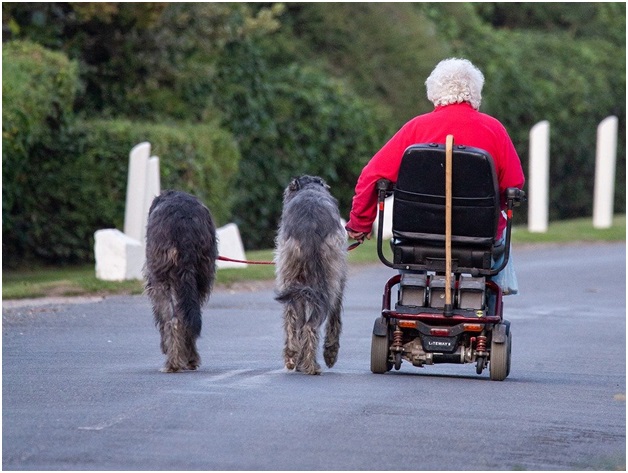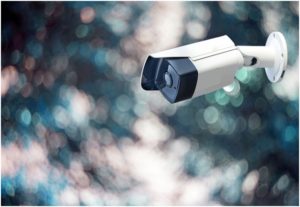Caring for a person with a disability can be demanding; both physically and emotionally. This is true, especially for caregivers, also juggling busy career schedules.
However, various methods can be used to help people with disabilities to achieve a more independent lifestyle.
Below are seven ways to increase the independent living skills for the disabled:
Mobility Scooter
Those who with limited mobility, have to wait for caregivers to transport them to appointments, shopping and the like.
Thanks to the invention of mobility scooters, people struggling with disabilities can now be mobile and retain some independence.
A mobility scooter will come in handy to help people in this group to take matters in their own hands.
Our next-door neighbour whizzes around the town in her scooter. It is an excellent way for her to get about town and maintain her routine.
Be patient
Helping a person with disabilities will require a lot of patience and positivity as changes will frequently occur.
Your loved one wants to remain independent as badly as you do. Therefore, be patient with their progress.
As a caregiver, your attitude towards the person dealing with a disability will determine whether you are inspiring them to do better or infecting them with loads of pessimism.
Strive to be positive.
Support network
A reliable support network is an excellent way of helping a person with a disability to maintain their independence. Check out what services are available locally in terms of meals, entertainment and support services.
While being supportive of a person with disabilities, try not to be restrictive. They need to make their own choices.
Give them the chance to choose what they would like to do.
Telephone accessibility
Even as you try to help your family member with a disability to gain some independence, they should be able to contact you or any other caregiver whenever help is needed.
Get a telephone that they can use to call you. Consider too, the use of a help call button.
In addition to getting them a telephone, program your phone number in the phone to make it easy for them to make calls.
Also, you can subscribe to an emergency personal assistance service so that they can get professional guidance when using the phone.
Encourage interaction
Most people with disabilities do not like the idea of socialising. However, socialising will go a long way to boost their confidence and also help them to avoid the risks of getting anxieties.
Talk to them first and try to make them understand the importance of having a social life. Be patient with them and give them different options of how they can socialise.
Pay attention to their concerns
One of the most overlooked ways of helping people with disabilities to achieve their independence is listening to their concerns and frustrations.
Never brush off their claims or concerns regardless of how petty they might seem.
For instance, a person with a disability could be having troubles accessing the shelves in the kitchen.
You might not know that nor address the issue until they communicate that with you. Make them feel free to share their concerns with you.
Financial Independence
In addition to all the above, people living with disabilities need to be financially independent. Money determines how individuals live their lives, and people with disabilities are not an exception.
If they are able, let them have access to a bank account and maybe a regular savings account. You can help them manage their money.
Ensure they understand how much they have to spend and the regular amounts they have to pay for rent, electricity etc.
Monitor their finances while allowing them to live as independently as possible.
Image Pixabay License CCO



